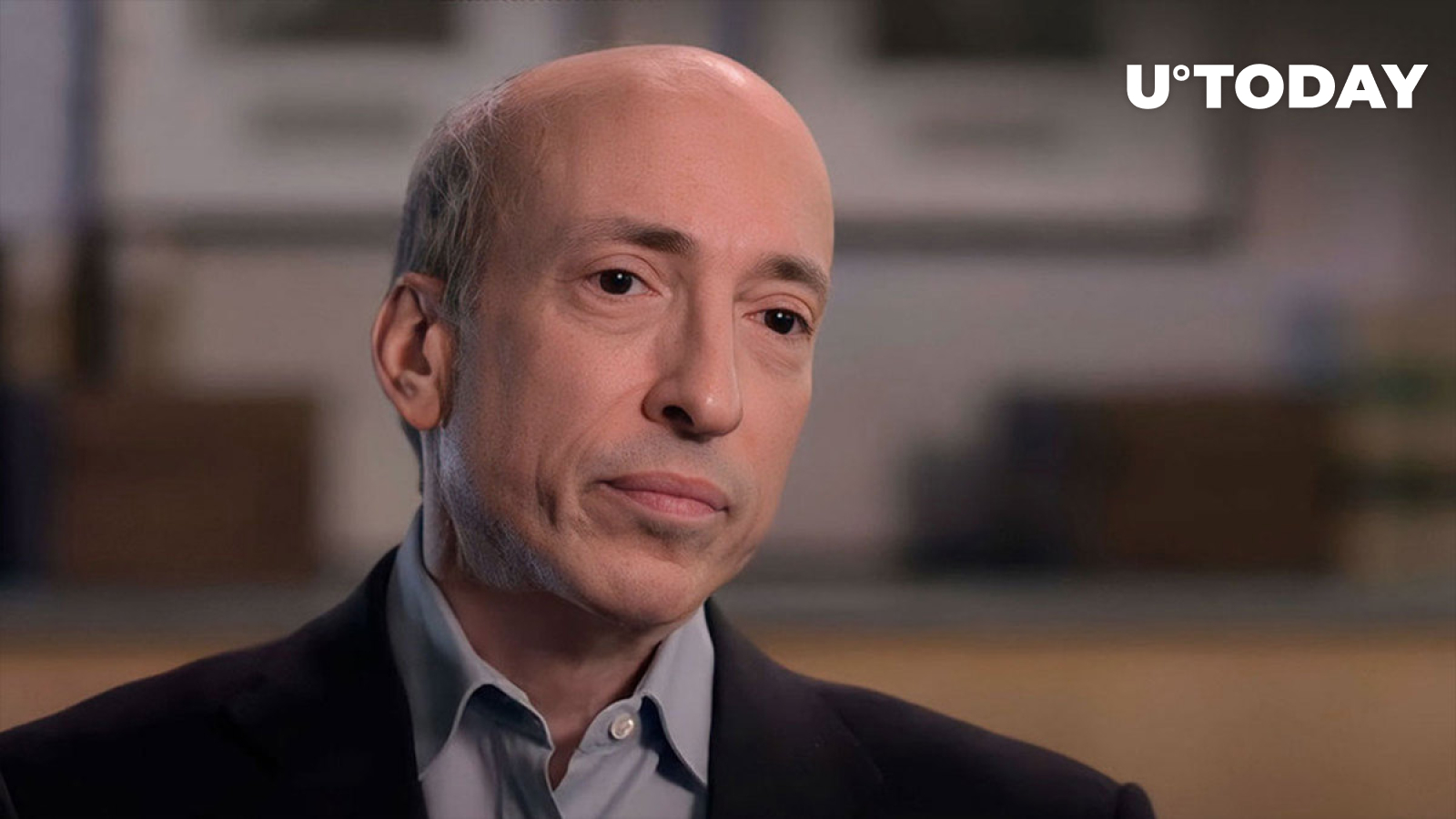Alex Dovbnya
Described as “cagey,” Gensler’s responses in the interview avoided giving direct answers on the status of GBTC and other spot Bitcoin ETFs
In a recent interview with Bloomberg, SEC Chair Gary Gensler maintained a guarded stance on the status of the Grayscale Bitcoin Trust (GBTC) and other spot Bitcoin exchange-traded funds. This led to more speculation among market observers.
Legal experts, including financial lawyer Scott Johnsson, have analyzed the potential ramifications of a recent DC Circuit ruling, delving into the potential strategic moves Grayscale might employ.
An analytical dive
Johnsson has raised critical questions on the legal complexities surrounding GBTC’s position after the DC Circuit’s ruling. He pointed to the nuance of the term “vacate” and how it potentially intersects with SEC’s statutory timelines.
Given the intricacies, it remains a possibility that, in the absence of a legitimate disapproval order, GBTC could be “deemed approved.” It’s far from an unequivocal win.
Grayscale’s lawyers, capitalizing on this potential interpretation, have communicated their stance to the SEC, urging the Commission to recognize their previous application.
With the legal terrain still murky, Johnsson speculates that Grayscale might use this contention as leverage in ongoing negotiations with the SEC, even though the path of least resistance may well be a refining.
Gensler’s “cagey” response
When Gensler was recently probed about the status of GBTC and other spot Bitcoin ETFs, his responses were notably guarded.
Gensler did acknowledge that the agency staff is diligently reviewing multiple filings, but he refrained from giving any concrete details on the matter.
In his above-mentioned conversation with Bloomberg TV, Gensler steered clear of forecasting the regulator’s next move, emphasizing that he wouldn’t “pre-judge” the outcomes.
In a significant non-commentary, Gensler declined to elucidate the SEC’s forthcoming steps in its case against Grayscale, especially after the agency chose not to challenge the previous month’s court decision.
About the author
Alex Dovbnya

